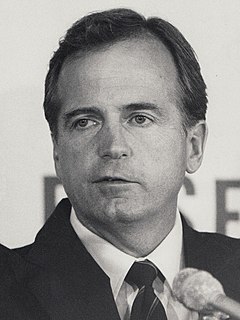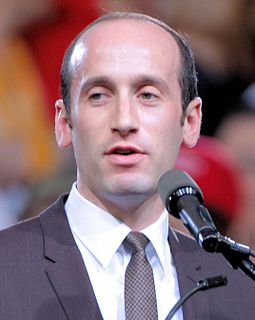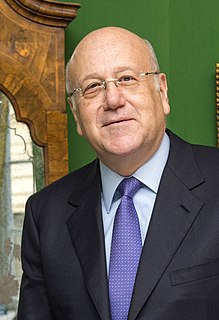A Quote by Cesare Beccaria
The severity of punishments ought to be relative to the state of the nation itself. Stronger and more easily felt impressions have to be made on a people only just out of the savage state. A lightning strike is needed to stop a fierce lion who is provoked by a gunshot.
Related Quotes
The Internet may well disempower the nation state, but at the same time, it also strengthens certain specific state functions - like surveillance. As a political entity, it doesn't empower the nation sate. It creates the availability of much more data than the digestive system of the nation state could possibly assimilate.
Law itself is either suspended, or regarded as an instrument that the state may use in the service of constraining and monitoring a given population; the state is not subject to the rule of law, but law can be suspended or deployed tactically and partially to suit the requirements of a state that seeks more and more to allocate sovereign power to its executive and administrative powers. The law is suspended in the name of "sovereignty" of the nation, where "sovereignty" denotes the task of any state to preserve and protect its own territoriality.
I do not know if the doctrine that the nation-state arose in the 19th century was still being taught:;... but it is erroneous. The nation-state reaches back far into the origins of Europe itself and perhaps beyond. If Europe was not always a Europe of nations, it was always a Europe in which nations existed, and were taken for granted, as a basic form of the State.
"War," says Machiavelli, "ought to be the only study of a prince;" and by a prince he means every sort of state, however constituted. "He ought," says this great political doctor, "to consider peace only as a breathing-time, which gives him leisure to contrive, and furnishes ability to execute military plans." A meditation on the conduct of political societies made old Hobbes imagine that war was the state of nature.
The first act by virtue of which the State really constitutes itself the representative of the whole of societythe taking possession of the means of production in the name of societythis is, at the same time, its last independent act as a State. State interference in social relations becomes, in one domain after another, superfluous, and then dies out of itself; the government of persons is replaced by the administration of things, and by the conduct of processes of production. The State is not abolished. It dies out.
What would you not have accomplished if you had been free?" "Possibly nothing at all; the overflow of my brain would probably, in a state of freedom, have evaporated in a thousand follies; misfortune is needed to bring to light the treasures of the human intellect. Compression is needed to explode gunpowder. Captivity has brought my mental faculties to a focus; and you are well aware that from the collision of clouds electricity is produced — from electricity, lightning, from lightning, illumination.

































